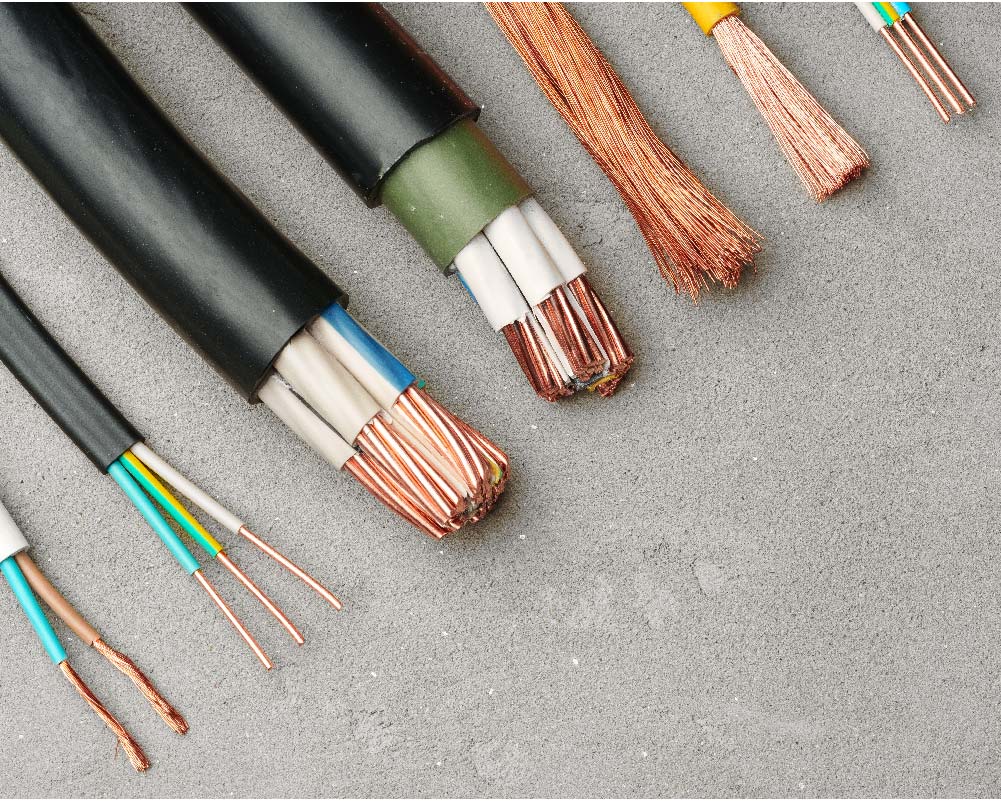
Soldering is a crucial skill in electronics, and whether you're a seasoned professional or a DIY enthusiast, choosing the right solder wire is essential for achieving reliable and lasting connections. Solder wires come in various compositions, thicknesses, and flux types, each designed for specific applications. In this blog, we’ll explore the most common types of solder wires, their uses, and how to choose the right one for your project.
1. Lead-Based Solder Wire (Sn-Pb)
Lead-based solder wire, composed of tin (Sn) and lead (Pb), has been the traditional choice for many years due to its excellent flow characteristics and ease of use. The most common ratio is 60/40, meaning 60% tin and 40% lead, though 63/37 is also common for its quicker solidification.
2. Lead-Free Solder Wire
Due to increasing environmental regulations, lead-free solder wires are becoming the new standard, particularly for professional applications. These solders are made from a combination of metals like tin, copper, and silver, with the most common composition being 99.3% tin and 0.7% copper (Sn99.3Cu0.7).
3. Silver Solder Wire
Silver solder wire is primarily used when joints require high conductivity or strength. This solder contains a mix of tin, copper, and a small percentage of silver (typically around 2-4%).
4. Rosin Core Solder Wire (No-Clean)
Rosin core solder wire contains a flux core made of rosin, which helps to clean and prepare the surface of the components for better solder flow. The flux prevents oxidation during the soldering process and ensures a good connection.
5. Flux-Cored Solder Wire (General)
Flux-cored solder wires come with various types of flux, such as rosin, acid, or no-clean flux. The flux type is crucial in determining the suitability of the solder wire for different applications.
How to Choose the Right Solder Wire for Your Project
When selecting solder wire, consider these key factors:
Conclusion
Choosing the right type of solder wire is crucial to the success of your project, whether you're working on intricate electronics or large-scale metalwork. Understanding the differences between lead-based, lead-free, silver, rosin core, and acid core solder wires will help you make an informed decision for your next DIY or professional task. Always remember to follow safety guidelines, especially when using lead-based solders, and enjoy the process of crafting strong, reliable connections!
For more insights into soldering tools and supplies, visit www.toolworld.in to explore our wide range of products tailored for all your electronics and DIY needs.